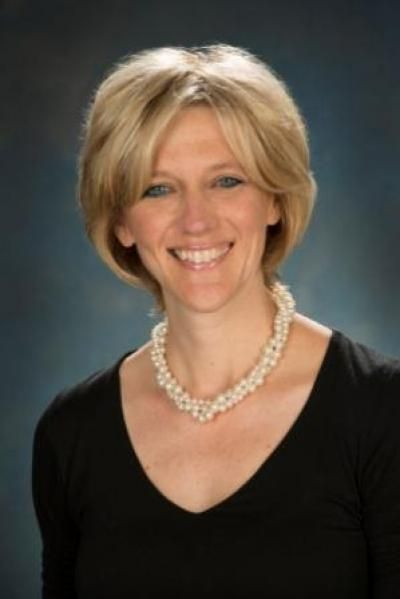'Fifty Shades Of Grey' Panned By Social Researcher As Misogynistic

Women around the world have gone mad for an erotic novel suffused with passion and violence, a story interwoven with antiquated notions about men and women.
With 70 million copies sold, the trilogy born of the 2011 romance Fifty Shades of Grey has been called “pornography for women.” Panned by some for poor writing, the series drew predictably thoughtful and conflicted reviews from sex-positive, third-wave feminists eager to delve into the complexity that is sex and violence, often inextricably combined.
And other women simply wonder about the contradictions of smart, educated women eager for the misogynistic fantasy penned by British author E.L. James, whose scenes feature bondage, dominance and submission, and sadomasochism, too.
“What I found fascinating is that there are all these super-motivated, smart, educated women saying this was like the greatest thing they’ve ever read,” Meg Lazarus, a 38-year-old former lawyer in Scarsdale, N.Y., told the New York Times. “I don’t get it. There’s a lot of violence, and this guy is abhorrent sometimes.”
Now, a social scientist from Michigan State University is getting some press for a study that concludes the novel perpetuates violence against women, in a society in which one of every four women falls victim to some form of domestic abuse.
The emotional and sexual abuse pervasive throughout the series, experienced by protagonist Anastasia, represents a dangerous meme let loose in the psychological realm of contemporary relations among men and women, according to Amy Bonomi, of Michigan State University.
"This book is perpetuating dangerous abuse standards and yet it's being cast as this romantic, erotic book for women," Bonomi told reporters. "The erotic content could have been accomplished without the theme of abuse."
The social researcher acknowledges that "few emperical studies document harmful outcomes among readers of novels containing controversial content," but notes that scholars believe readers regularly adjust their real-world beliefs and attitudes in response to fiction. Specifically, Bonomi writes, scholars argue that "stories are especially influential when readers become drawn into them and cognitive resources, emotions, and mental imager faculties are engaged."
Bonomi and her colleagues “conducted a systematic review” of the literature — one imagines a coffee klatch replete with highlighter pens late into the evening — to find what any woman with an eighth-grade education might have noticed. The novel depicts scenes “consistent with Centers for Disease Control and Prevention definitions of intimate partner violence and associated reactions known to occur in abused women.”
Anastasia suffers from a symptomology consistent with women who have been traumatized by abuse, Bonomi said. “She feels a constant sense of threat and loss of self-identity, changes her behaviors to keep peace in the relationship such as withholding information about her whereabouts to avoid [her lover] Christian's anger, and becomes disempowered and entrapped in the relationship as her behaviors become mechanized in response to Christian's abusive patterns.”
Journalist Carey Purcell, reviewing the series in the Huffington Post, similarly pans Anastasia: “Could the character of Anastasia Steele be any more of a stereotype? She is an introvert, has low self-esteem, has abandonment issues from her father, apparently has only one close friend who bullies her and even though she works in a hardware store, she doesn't seem to possess any self-sufficiency aside from cooking for her roommate and herself. She seems to have no sexual identity until Christian Grey enters her life and requests that she become his submissive in a sexual relationship.”
Writing in a peer-reviewed journal, Bonomi’s “academic study” might just have easily appeared as a book review on The Huffington Post or the New York Times. And one wonders too what Bonomi might have to say about Vladimir Nabokov's Lolita, with regard to the protagnost's predilection for pedophilia — or whether our Virgil would deign to lead us into Dante's nine circles of academic hell.
Source: Bonomi AE, Altenburger LE, Walton NL. Journal Of Women's Health. 2013.



























